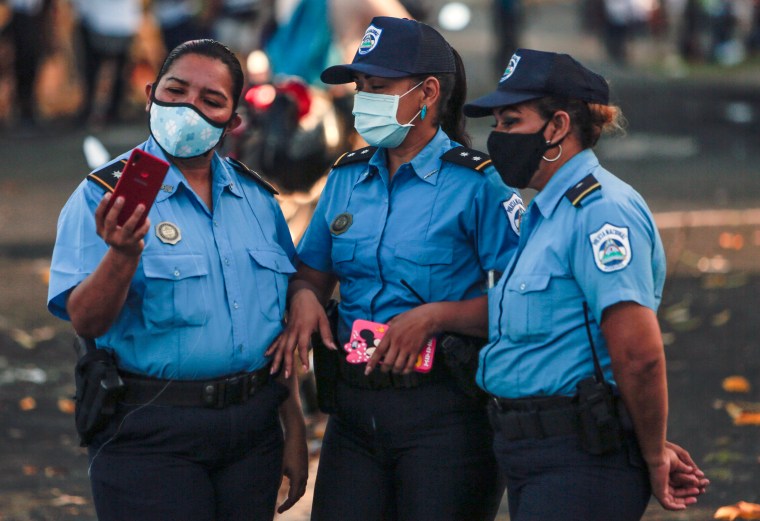Managua, Nicaragua, October 1, 2020 – The Nicaraguan Congress should drop proposed cybercrime legislation that would risk imprisoning journalists for their work, and ensure that laws do not restrict the press, the Committee to Protect Journalists said today.
On September 28, 70 members of Congress from the ruling Sandinista National Liberation Front party presented a draft law titled the “Special Law on Cybercrimes,” according to news reports and a copy of the draft legislation reviewed by CPJ.
The draft legislation imposes criminal penalties for online espionage, fraud, transferring classified information, and sharing false information. Under Article 30 of the law, those convicted of using a computer to publish or disseminate “false and/or misrepresented information, which causes alarm, fear, anxiety among the population, or to a group or sector of it, to a person or their family” could be fined and sentenced to up to four years in prison.
The legislation does not describe how information would be deemed false or misrepresented. In an interview with local daily Confidencial, Guillermo Medrano, a coordinator for the local human rights group Fundación Violeta Barrios de Chamorro, described the bill as a “gag law.”
Last week, CPJ expressed concern about another proposed law that would require some media outlets and journalists receiving funding or payments from outside Nicaragua to register as “foreign agents.”
“For the second time in as many weeks, Nicaragua’s Congress has proposed ambiguous legislation that leaves ample room for authorities to criminalize independent media and journalists simply for doing their jobs,” said CPJ Central and South America Program Coordinator Natalie Southwick, in New York. “Nicaraguan lawmakers should reject this poorly written cybercrime bill, and ensure that any future legislation aimed at combating crime does not restrict press freedom or access to information.”
The draft text of the law states that its goal is the “prevention, investigation, persecution and sanction of crimes committed through information and communication technologies.”
The bill is now under review by committees in Congress, after which the legislature—where the ruling party holds the majority—will hold a vote. If passed, the legislation will go to President Daniel Ortega to sign into law, according to press reports and the government’s official gazette.
Gustavo Porras, president of Nicaragua’s congress and a member of the Sandinista National Liberation Front, and Edwin Castro, who leads the party’s congressional caucus, did not respond to CPJ’s emailed requests for comment.
